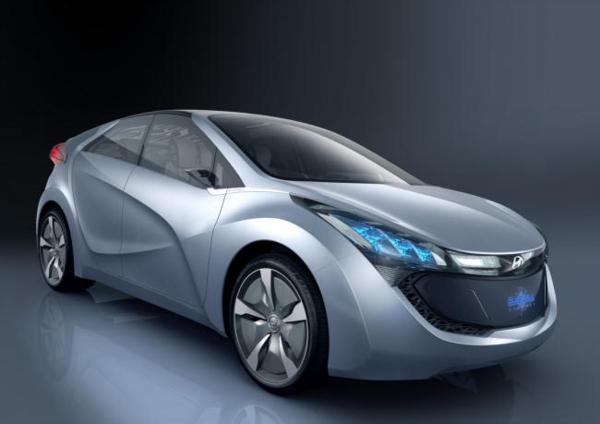It seems like every few months there’s a new advertising campaign extolling the benefits of going hybrid, but we all lead our own busy lives and it is hard keeping track of all the information floating around out there. That’s why I wanted to put together a short article with some data on both how hybrids work, and what the benefits to buying one are. Most people attracted to hybrid cars fall into a two categories. The first are people like me who feel the bite of rising gas prices and want other options, and second are those who want to lower their impact on the environment. So what is a hybrid? How do they work? What makes a hybrid the best option for you?

The Concept: What is a Hybrid and How do They Work?
Hybrids have been around for a while now so most of us know already that at its most basic, a hybrid is a car with both an electric motor and a gas engine. How this actually works still isn’t clear to most people though, unless you happen to enjoy reading through stacks of technical jargon. What all of them have in common is that when the car is at a stop it switches over from the traditional gas engine to the electric motor so you don’t waste gas idling, and the electric motor receives charge by converting the energy produced by braking from kinetic, to electricity that the batteries can use . The two types of hybrid engines, parallel and series, differ mainly in the role of the gas engine. In series engines the gas engine is only there to power the electric components, and in a parallel both electric and gas work to accelerate the car. Both engine types, coupled with overall lightweight design work to increase gas mileage, and decrease harmful emissions.
That’s Nice, but What Does That Mean for Me? Are There any Drawbacks?
Well, completely aside from being trendy (or jumping on the bandwagon, depending on your point of view) you get to double or more your gas mileage and save loads of money on gas, which doesn’t look to get significantly cheaper any time soon. Appealing to those of you who are going green, hybrids produce far lower levels of emissions, up to eighty percent fewer than their gas counterparts. This is a great way to decrease your carbon footprint! Lowering emissions is good for the pragmatists and the cynics in the crowd as well, because the government offers incentives depending on what state you live in. Most common is that hybrids get free access to carpool lanes even if you’re driving alone (who hasn’t wished they could do that at some point), and some states offer tax breaks anywhere between $500 and $3000 just for owning a hybrid. There are also rebates available to make buying one less expensive. The only real drawback is that repairs can be pricey, not all mechanics are certified to work on hybrids yet.
Especially if you have to replace the battery for the electric motor. Fortunately the electronic components are very well designed now and don’t malfunction often, and even if yours does by chance, there is a growing industry in refurbished and recycled hybrid batteries that really helps to cut the cost.
All in all the technology has matured enough now that there really isn’t a reason to make the switch anymore, so I hope this helps you make your decision. I’m planning on getting a hybrid sometime in 2013, after consulting with my buddies at http://www.midislandcollision.com/.

